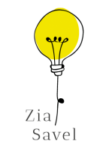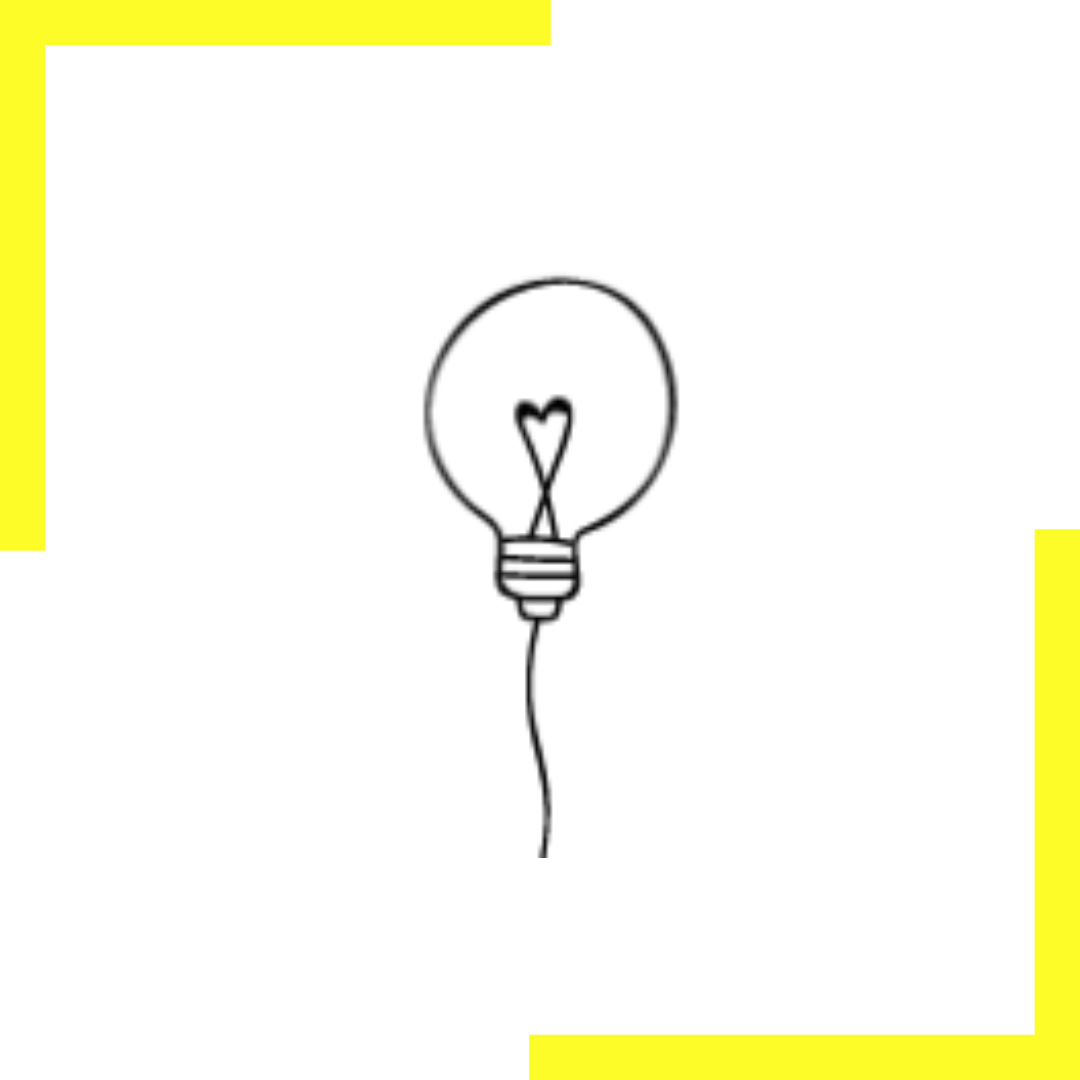Great News – getting to interview is absolutely the expected next step in securing a new role. However, through years of working with outplacement clients on career coaching, interview dread and the fear of being judged can inhibit performance at interview.
The purpose of this blog is to consider the opportunities the interview provides for the candidate, while also considering what the interview panel’s perspective.
What is the purpose of an interview?
For the candidates to show their skills, knowledge, experience, and behaviours that will deliver in the role. An interview is a space to play and show all the amazing attributes you would bring to the role and organisation.
For the hiring organisation to ensure the candidate fulfils the requirements of the role, while thriving in the organisational culture. The hiring organisation also needs to ensure there is consistency in the approach, so all candidates have the same interview experience.
The interview is two-way, the candidate can ask questions during the interview, which is always best practice to have considered these in advance. The interview also offers the opportunity to make observations of the organisation, for example:
- What did you notice about the atmosphere in reception?
- What did you notice as you walked to the interview room? Were there signs of collaboration? As the interviewer passed colleagues, did they say ‘hello’?
- What is the physical set up in the office?
- Were the interview panel engaged in the interview?
- Could you work in a place like this?
Gut instinct can be useful to recognise where you may thrive. At interview stage there is no commitment to accepting the role, it is a two-way process to find the best fit.
Recognising the two-way process is important in improving performance at interview.
Judgement
How do you feel about being judged? In most career coaching conversations, being judged is perceived negatively. When we feel judged, it negatively impacts performance due to our energy being driven by fear, having low trust, and having no control over what is coming next. Interviews can feel like we are set up to fail. This will be escalated when the brain and body senses the fear. Many clients experience physical responses such as dry mouth, clammy hand, sweating, shaking and hot flushes. Responses from the brain are also present including, mind blank, repetition, jumbled responses.
Perspective Shift
To thrive and excel at interview consider the following:
- The panel consider you to be one of the top candidates for the role.
- They want to see you at your best in this interview.
- The panel want the best candidate for the role and the organisation.
It is within our own gift to perform better at interview and recognise the choice is ours too.
Body & Brain Responses
You will know your own responses to fear and loss of control environments. Some of the most common were mentioned earlier.
Body Responses
Somatic Coaching recognises the body senses fear before the brain can reassure the brain things are okay. As a result, some of the following may show up:
Dry mouth – bring your own water with you. Drinking also slows things down. While drinking, you can gather your thoughts. The panel will not notice this as a delay. It will look totally natural.
Clammy hands – this can be exacerbated at the thought of shaking hands. Go to the bathroom on arrival and wash your hands in cooler water. This will freshen your hands and help distract for overthinking.
Sweating – Freshen up in advance. Take hygiene products with you and again use the bathroom in advance. Chose clothing that make you feel confident and comfortable.
Shaking – Is more noticeable when holding something like a glass or paper. Where possible relax and place your hands on your knee, arm of the chair or the table.
Brain Responses
They key to helping the brain is to slow things down, feel calmer and find your flow. The best approach is to prevent the brain responses in advance, so taking time ahead of the interview to prepare content, but also your body and brain. Do what works best for you – go for a walk, breathing exercise, stretch, superman/woman pose, meditate, change environments by physically moving venues to take an online interview.
During interviews the following can occur:
Mind Blank – If a question is asked and your mind goes blank. Try to prevent panic, by asking a clarifying question. Ask to hear the question again. Slow things down and say, ‘I’m just taking a moment to think.’ Take a sip of water and settle your mind.
Jumbled / Lengthy Responses – If you feel your response is going astray, pause and take a moment to think. A useful line to use is, ‘In summary…’ This provides the opportunity to leave the panel with a clear statement in response to their question.
Following the interview, it is unlikely the panel will overthink each of the responses you gave, so relax. You will find out the result shortly. Overthinking your performance is unhelpful and could impact future interviews if you create unhelpful beliefs about interview performance.
Recognise what when well and act on areas to improve. Stop overthinking what is in the past.
Top Tips
- Recognise this is a two-way process. You have a choice too.
- Prepare your Body and Mind to be at your best in interview.
- Recognise your performance risks and use the mitigations quickly.
- Learn from the experience and work on improvement areas for future.
If this blog has been useful, please take a look at the other blogs in the series which will be shared over the coming weeks. If you are ready for 1:1 support contact Zia zia@ziasavel.com or book into my calendar

